Slander or gossip is not necessarily untruthful. Our tradition forbids saying something derogatory about a person even if it is entirely true!
One of the best and easiest guidelines to decide what you should or should not say is to ask, “Does it make a difference who might overhear it?” If it is something that you would rather someone not overhear, it is best left unsaid.
Sometimes the information need not be derogatory. A secret may not be saying anything bad about anyone, but if someone has entrusted you with confidential information and you have this tremendous urge to share the privileged communication with someone else, you should ask yourself, “Would I reveal this if the person who entrusted me with this information were present?”
Also, as we all know, people have a tendency to want to boast about themselves. They may even fabricate their story to those who have no way of knowing that it may be true or not. Still, they would be ashamed to boast in the presence of someone who knew that their statement was false.
Whereas our Rabbis have written volumes about what is proper speech and about what constitutes as an abuse of this unique capacity to verbalize, with which man was endowed, there is a simpler way to know what is proper or not without mastering the written works. All he has to ask is, “Do I need to look behind me before I say it? Or in modern language, “Am I being recorded, and will this end up on YouTube?!”
~ Rabbi Shaul



